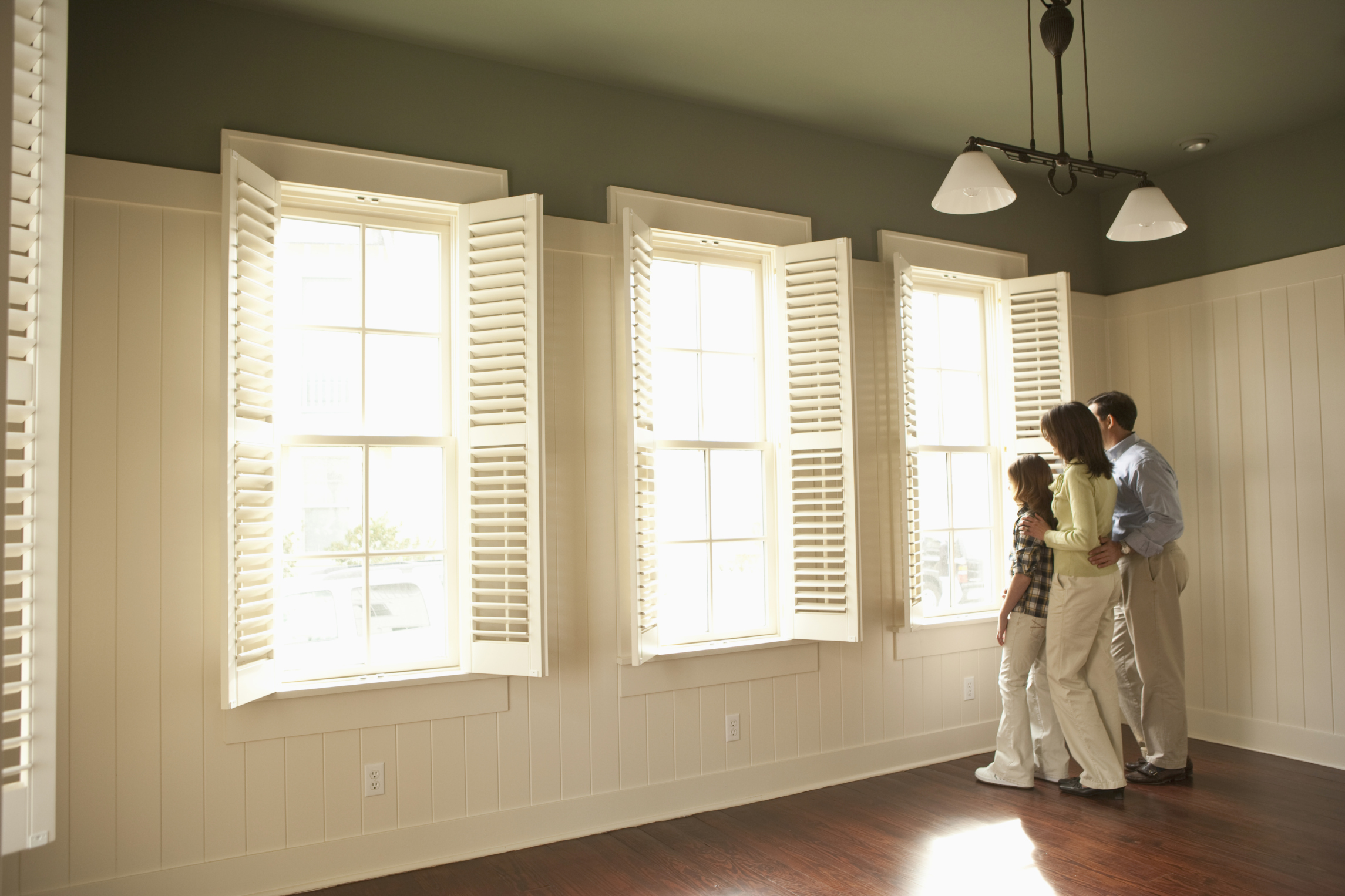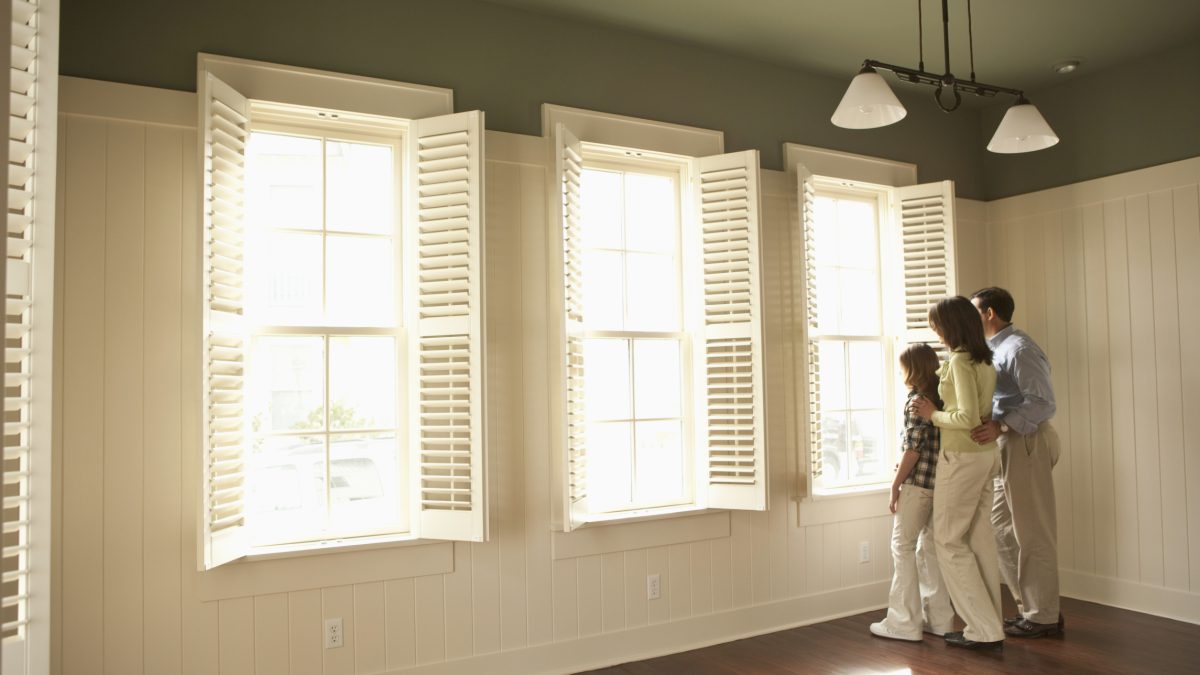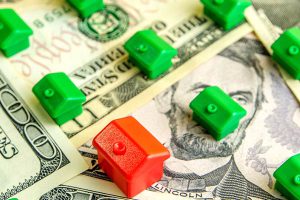Buying a House: A Checklist
A Budgeting Checklist for Buying Your First Home

When the time comes to buy your first house, there’s a lot to think about. Will you plant rose bushes or an apple tree? Should the living room have a red or blue accent wall? Do you really want to hold on to that couch? However, before you can have the fun of landscaping and decorating your first home, you need to figure out how to pay for it. Devising a household budget that deals with a potentially higher mortgage payment and the added expenses of home ownership will prepare you for success. Implementing the budget now can help you save enough so you can go ahead and buy.
Avoiding Payment Shock
“‘Payment shock’ is the industry’s term for what happens when you go from a relatively low rent payment to a higher mortgage payment,” says Mark Van Biber, a Sacramento-area mortgage banker with over 20 years of experience working with first-time home buyers. Long before you buy your house, you can budget and possibly avoid payment shock when the moment of truth arrives. For at least six months before you buy your house, you might decide to write two checks when you pay your rent. You can write a check to your landlord for the rent and another check to yourself for the difference between your rent payment and what you expect to pay on your mortgage. Deposit that check in a special savings account. “Don’t forget to include your taxes, insurance and mortgage insurance in the payment as well,” adds Van Biber.
Monthly Extras
Your mortgage payment isn’t the only thing that can go up when you buy a house, though. “Home ownership means all kinds of new expenses since you won’t have a landlord paying your garbage bill, replacing your furnace’s air filters, or mowing your lawn,” notes Van Biber. In some parts of the country, you might also have to start paying to have your driveway plowed or roof shoveled. Your mortgage broker or real estate agent can help you to estimate what your expenses will be in your new home. As with the extra money from your rent payment, you can adjust your budget if you want by depositing the difference between your currently and projected monthly expenses in a special bank account.
Repairs and Maintenance
Owning a house also carries longer-term expenses like keeping the house itself up. While diligent maintenance can extend the life of your house’s systems, most of them will need eventual replacement. The good news is that according to the National Association of Home Builders, your house’s copper wiring, floor trusses and closet doors should last forever. The bad news is that, on average, you’ll need a new oven every 13 to 15 years, a new wood deck every 20 years, new carpet every eight to 10 years and new stucco every 50 to 100 years. Putting aside at least one percent of your home’s value per year is a good way to get started, so, if you’re looking at a $150,000 house, you might want to consider depositing an additional $125 per month in your special account.
Down Payment and Moving
“Your lender or the seller can help you with closing costs, but you’ll need to have some form of down payment,” notes Van Biber. In addition, whether you use movers or rent a truck so that you can do it yourself, you’ll also have to pay the cost of moving as well as pay installation charges for utilities and services and other similar expenses. Depending on how much you plan to put down and how much you’ve already saved, you need a plan and a timeline for any additional money needed for your down payment and moving expenses, before you ever start house-hunting. “Usually, the mortgage lender wants to see that you have the money to close well before you get to the closing table,” adds Van Biber.
Help from the IRS
While owning a home can be expensive, the Internal Revenue Service gives homeowners certain tax breaks. Your mortgage interest and your property taxes are tax deductible, if you itemize your deductions. When you itemize, you give up the ability to claim your standard deduction, but you also get to deduct more than just your mortgage expenses. If your charitable donations, mortgage interest, property tax, state income or sales tax and vehicle license fee all add up to more than your standard deduction, you’ll come out ahead by itemizing your deductions. “You don’t have to wait to get a tax refund,” explains Van Biber. “Talk to your tax advisor, then talk to your employer’s payroll department and see if they can withhold less tax so that you get more money every month to cover what your house is costing you.”
Quicken has made the material on this blog available for informational purposes only. Use of this website constitutes agreement to our Terms of Use and Privacy Policy. Quicken does not offer advisory or brokerage services, does not recommend the purchase or sale of any particular securities or other investments, and does not offer tax advice. For any such advice, please consult a professional.



